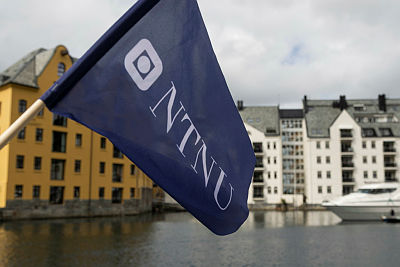
CSR, Public Procurement and Construction, S. Truloff
Public authorities are major consumers and by using their purchasing power to choose goods, services and works, they can make an important contribution to CSR.
€1,068,559.00
SME competitiveness
Competitiveness of SMEs is high in the agenda of the European Commission (EC). Due to economic crisis, there is a widespread expectation that businesses should be more accountable to the society. The EC issued the Directive 2014/95/EU, where companies concerned are required to disclose in their management report, information on policies, risks and outcomes regarding environmental, social and employee aspects, respect for human rights, anticorruption and bribery issues, and diversity in their board of directors. In other words, to integrate in their business models Corporate Social Responsibility (CSR) principles. Although, the new directive applies only to a limited number of large EU companies it leaves out the Small and Medium sized enterprises (SMEs) that are the predominant form of enterprise in EU and a key to achieving the goals of growth and jobs strategy. Studies have shown that CSR is viewed as a vital concept that businesses of all types and size need to understand and address. Also, there is a positive relationship between SMEs and CSR and their competitiveness.Our common challenge is to help member states to apply the new directive and new measures in their Operational Programmes in order SMEs to increase their competitiveness and sustainability.
Road-CSR brings together 7 partners from 7 countries, involving the managing authorities & regional bodies influencing regional and national policy instruments, to help EU member states to apply CSR principles into the core business of SMEs helping them with this way to become more competitive, sustainable, innovative and accomplish long term profitability with social justice and environmental protection. To incorporate CSR principles into SMEs’ business core the project includes a wide range of activities, focusing on promoting the interregional learning process and the exchange of experience among regional authorities.
Project activities include:
Continuing Road-CSR (Additional Call)
Covid-19 pandemic is one of the most significant changes in the modern economic history with profound impact on CSR. It is clear that SMEs behaviours has been exemplar due to adapting CSR actions to the current health, economic, and social needs. Crisis has caused a change in the way SMEs pursue their economic, social, and environmental objectives, giving greater importance to the role they play in society than making huge profits. In this new scenario, SMEs need to adopt CSR strategies to establish a business commitment to society. The equilibrium of profit and common good is the more adequate strategy to survive in the long term but also to thrive after the epidemic has passed.
Governments all over the world have established economic aid packages to ease the imminent pressure for SMEs. However, the long-term impacts on SMEs and societies have not yet come. Governmental measures should encourage SMEs to maintain ethical business practices and fulfil their CSR commitment so that impacts are widespread and sustainable.
Continuing the project, 2 regional stakeholder meetings are organized in each region, one in each semester to discuss the impacts of the pandemic in the field of CSR and how SMEs have been affected. A study will be done at semester 1 highlighting the impacts on SMEs and CSR and the new CSR initiatives that emerge during the pandemic. The results of the study and the exchange of experience from the regional stakeholders’ meetings are capitalized during the organization of the two joint stakeholder meetings that are organized with the participation of the stakeholder’s groups and staff members of the partners. The results from the exchange of experience are taken into account to make the national policies to think CSR as “COVID-19 Social Responsibility” and make current and future operational programmes more adaptive to the new situation where CSR plays a crucial role in alleviating the negative consequences of the pandemic for companies and society.
The OP aims to boost competitiveness and growth and help Cyprus exit the crisis. It contributes to achieve the Europe 2020 targets and creates jobs and help SMEs to become more competitive and innovation driven.
The main Funding Priorities (FP) is the following:
1) Reinforcement of the competitiveness of the economy,
2) Promotion of ICT use,
3) Reduction of CO2 emissions and climate change adaptation,
4) Management of solid waste and water resources,
5) Management of natural and cultural resources,
6) Promotion of sustainable transport,
7) Sustainable urban development.
The funding priority that Road-CSR project is tacking is the "Reinforcement of the competitiveness of the economy" which has the main objective to increase the national research potential and private investments in research and innovation, to promote entrepreneurship and increase of SMEs' competitiveness. However, the issues of CSR implementation in SME’s are not cleared in the OP and in the specific FP. By being a part of the “Road-CSR” project it will support policy learning in the field of CSR with a view to improve the performance of national development policies and programmes in this area, by elaborating CSR principles into SMEs and making them more competitive and sustainable. New measures will be included in order to help SMEs to adopt the CSR princibles in their daily business life.
The Programme aims to boost economic development and create job opportunities in Crete. It contributes to achieving the Europe 2020 targets for smart, sustainable and inclusive growth, also in line with the smart specialisation strategy. It should create jobs and help SMEs to become more competitive and innovationdriven. The OP support will substantially contribute to promoting the following key EU and national development priorities: Reinforcement of competitiveness, innovation and entrepreneurship, Sustainable development with environmental upgrade and climate change adaptations, Reinforcement of education and social cohesion in Crete, Promotion of employment and workers' adaptation to changes, Promotion of social inclusion and combatting the poverty in Crete The funding priority that Road-CSR project is tacking is the "Reinforcement of competitiveness, innovation and entrepreneurship" which has the main objective to increase the national research potential and private investments in research and innovation, to promote entrepreneurship and increase of SMEs' competitiveness. The issues of CSR implementation in SME's is well defined in the OP and the priorities. Being a part of the “Road-CSR” project it will support policy learning in the field of CSR with a view to improve the performance of national development policies and programmes in this area, by elaborating CSR principles into SMEs making them more competitive and sustainable.
On the 28th February 2008, it appeared in the Official Journal State (OJS) the Royal Decree 221/2008, of 15th February 2008, in which the State Board of Social Responsibility of Companies was created and regulated, and stood out among its objectives the creation of a discussion forum carried by the CSR building initiatives. Later, the 9th December 2010, the Autonomous Community of Extremadura defined the Law 15/2010, of Business Social Responsibility in the region which is the first region in Spain and in the EU, presenting a law of this nature. That must be interpreted as the biggest public effort to promote CSR on voluntary bases, because the law is non coercive. Thus, it is necessary to highlight the regional government interest in encouraging a responsible behaviour in managing firms in order to achieve improvements in regional competitiveness. The Law 15/2010 pretends to boost in a noncoercive way the responsible behaviour of companies. The law assumes that CSR is a management tool able to put companies in a state of permanent dialogue. The law has updated in 2013, by establishing the Autonomous Council to promote Social Responsibility of Extremadura, the Office of Corporate Social Responsibility and the procedure for the qualification and registration in the Register of social responsible companies in Extremadura. Having in mind the Directive 2014/95/EU, the Law 15/2010 needs to be updated in order to integrate the features of the Directive and into SME's as well.
The Operational Programme (OP) aims to encourage economic development and ensure prosperity for all citizens in Slovenia. It aims to strengthen efforts particularly in the area of research and development, boost the innovation potentials of small and medium sized enterprises (SMEs), promote resource efficiency and reduce environmental pressures, further develop the transport sector, boost the growth of employment rates and reduce the number of people at risk of poverty and social exclusion.
Although CSR needs to be high in the agenda for Slovenia due to business frauds and corruption in the past, there are no measures and specific programmes in the current OP 2014-2020 nor in Smart Specialization Strategy. Although billions were lost in the past 10 years due to corruption, tax evasion and business malpractices there is no appropriate strategic and practical consideration of corporate social responsibility in the country. Situation is even more tragically, because CSR is well known and could contribute to improvement of business social responsibility, but was overseen and neglected in the past years. Project will promote CSR to become part of policy agenda in strategic and practical terms in order to improve business social responsibility and ethical entrepreneurship in Slovenia.
The Operational Programme "Employment" defines the priorities for promoting employment, social inclusion and an efficient public administration. The OP will help the country to address current challenges and progress towards the Europe 2020. The programme includes the following priorities:
1) Employment: help people into jobs (focus on disadvantaged groups), improve workers' skills to meet the demands of the jobs market, increase the quality of public employment services and reduce inequality between men and women in the labour market.
2) Fighting poverty: measures to improve the situation of people excluded or at risk of social exclusion, developing the social economy and involving local actors in social inclusion in rural areas.
3) Social innovation and transnational cooperation: facilitate access to employment, mobility and the efficiency of the public administration.
4) Effective public administration: strengthen the effectiveness and transparency of the public administration and improve staff skills.
The project will focus on Priority 3 where it will be improved at the local level through gained knowledge and experience in the social innovation developed abroad with the aim to support the development of the innovation environment relating to the CSR concept. CSR is new in the region, it usually come from the companies with international ownership. The project should help to implement this concept and to standardize it in comparison with international experiences.
Veneto will invest ESF funding in education and training to help people find and keep work, while increasing social inclusion. The ESF operational programme (OP) for Veneto focuses on education and training to improve the region’s growth, social inclusion and competitiveness. The OP will focus its budget of EUR 764 million on employment, equal opportunities, education and training, and business and worker flexibility in changing markets.
The OP has the following priorities:
- Improving the employability of jobseekers and workers, particularly young people and women.
- Support for people from marginalised communities or at risk of social exclusion.
- Education and training initiatives to increase social inclusion.
- Equal access to good quality education at preschool, primary and secondary levels
- Support for workers and SME's to adapt to change and increase their competitiveness.
The CSR implementation in SME's is not cleared in the POR however it is tailored with the FP "Support for workers and SME's to adapt to change and increase their competitiveness". Therefore this FP should be improved with the inclusion of new measures for allowing SMEs to implement CSR principles.

Public authorities are major consumers and by using their purchasing power to choose goods, services and works, they can make an important contribution to CSR.
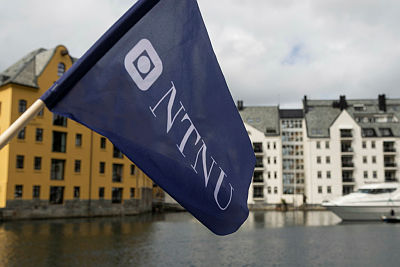
CSR is used frequently from the 1990’s towards the approach to sustainable development when global issues significantly influenced the international perspective
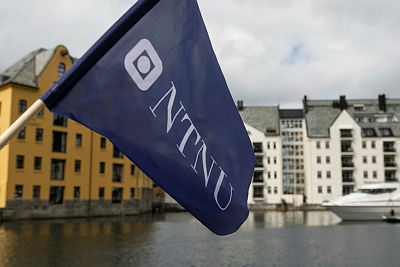
NTNU was closed for longer periods during the COVID-period, however, contacts and collaboration internal and external were kept through digital platforms.
On 10-12 October, CSR Europe is convening sustainability leaders worldwide for the European SDG Summit 2022 - Together for an Inclusive Green Deal.
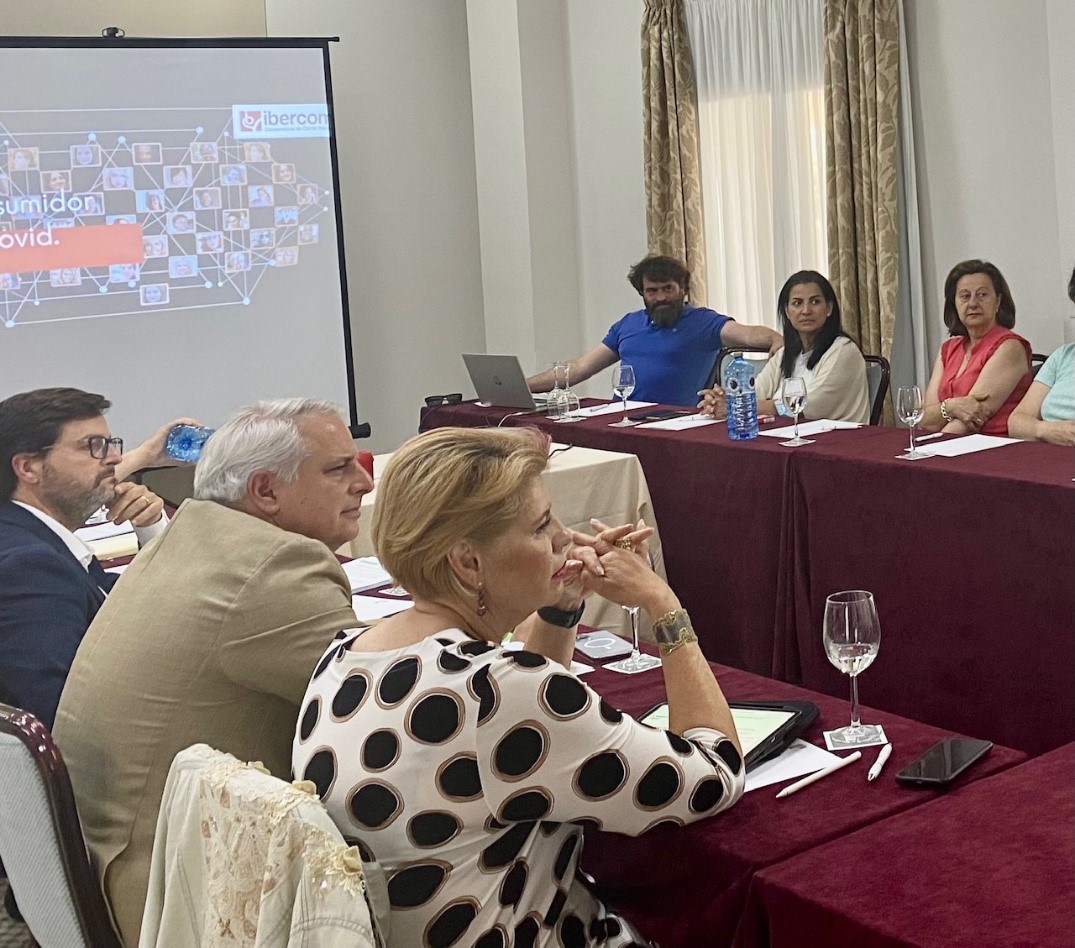
Celebrated in Merida, on June 30th with the title "POST-COVID BUSINESS ADAPTATIONS" the meeting aimed at carrying out an analysis with the project's stakeholder
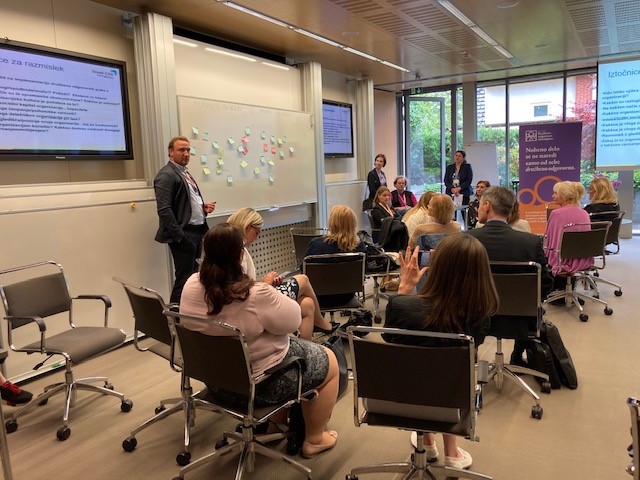
Slovenian project partner E-zavod together with Ekvilib institute organized second national stakeholder meeting on June 6th 2022 in IEDC School Bled.
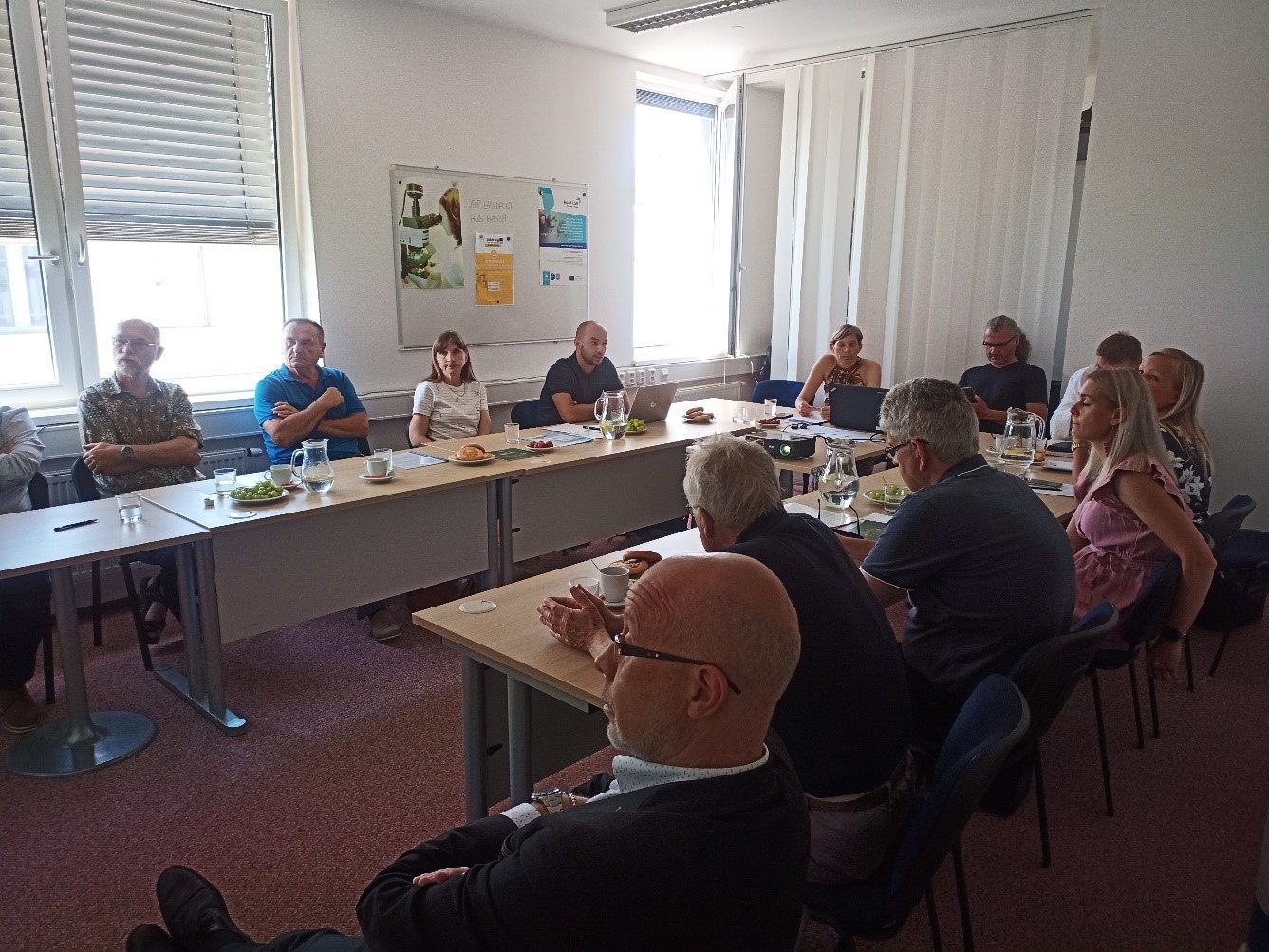
Czech project partner JAIP organized second stakeholder meeting on June 17th 2022 in Ceske Budejovice.
ANNOUNCEMENT OF THE 3RD YEAR OF THE "SOUTH BOHEMIA REGIONAL GOVERNOR'S AWARD FOR SOCIAL RESPONSIBILITY IN 2020 - 2021"
Promoting Corporate Social Responsibility in Veneto through the ESF+ and ERDF Regional Programmes 2021 – 2027
23 June 2022, 10 a.m.
The 21st edition of the National Awards of the Czech Republic have already known their winners.